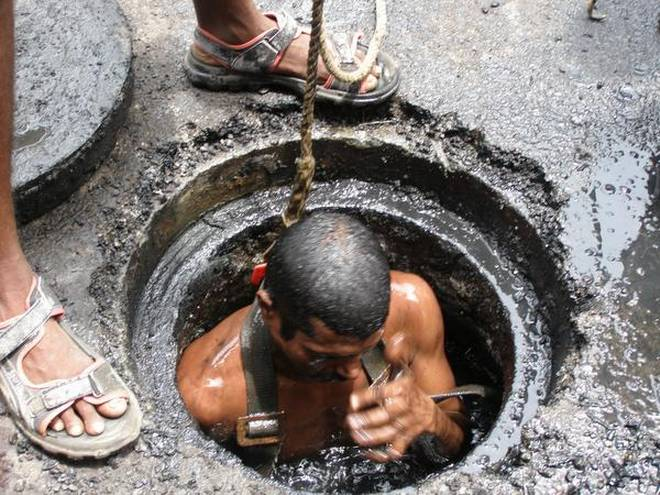
Supreme Court Allows Section 498-A Conviction After Acquittal in Section 304-B Case
Last Updated on October 23, 2023 by News Desk
Issue: Conviction Under Section 498-A IPC Can Be Upheld Despite Acquittal Under Section 304-B IPC.
Facts of the Case:
In a tragic example, a young woman called Akkamahadevi committed suicide by lighting herself on fire as a result of her in-laws’ dowry-demanding physical and emotional suffering. The accused were charged under several provisions of the Indian Penal Code (IPC) and the Dowry Prohibition Act, which included her spouse and his parents.
As other witnesses, particularly her father, became hostile, Akkamahadevi’s deathbed declaration, recorded while she was suffering from serious burn injuries (70-80%), played a critical role in the case. The deathbed declaration detailed the trauma she underwent before committing suicide.
Arguments Presented by Parties:
The prosecution said that the defendants hounded Akkamahadevi for dowry and exposed her to both mental and physical torment, finally leading her to commit suicide. Her final assertion, they claimed, was sincere and unaffected by doubt.
The defense contended that there was no clear link between the dowry demand & her death, making conviction according to Section 304-B IPC (dowry death) difficult. They argued that the prosecution lacked to establish a causal relationship between the dowry demand and her suicide.
Reasoning of the Judgment:
- Based on the deathbed declaration, the Supreme Court confirmed the accused’s convictions against Section 306 IPC (abetment of suicide) & Section 498-A IPC (cruelty towards a married woman) combined with Section 34 IPC. The Court emphasized many essential factors concerning dying declarations:
- Dying statements are valid, even if made with serious burn injuries, if made knowingly.
- The absence of a doctor’s certification about the declarant’s mental state does not automatically render a dying declaration invalid if eyewitness evidence supports its authenticity.
- The Court must examine deathbed declarations to ensure they are untutored and sincere.
- The Court further stressed the need of proving a direct relationship between demands for dowries and death for a conviction under Section 304-B IPC.
Judgement:
The Court cleared the appellants of accusations under Sections 304-B IPC and 3 and 4 of the Dowry Prohibition Act, but convicted them of offenses under Sections 306 IPC and 498-A IPC read with Section 34 IPC. The appellants were condemned to jail for the time they had previously served and penalised Rs. 5,000 each. In the event of nonpayment, they would face one month in jail for each infraction.
The Court determined that the failure to construct an accusation under Section 306 IPC wasn’t significant because the evidence presented corroborated the offense’s components. The Court also referenced precedents highlighting that a simple omission or flaw in formulating the allegation would not be lethal if every detail and elements for the offense were there.
Case title: Paranagouda v. State of Karnataka
Written by: Nikita Shankar




